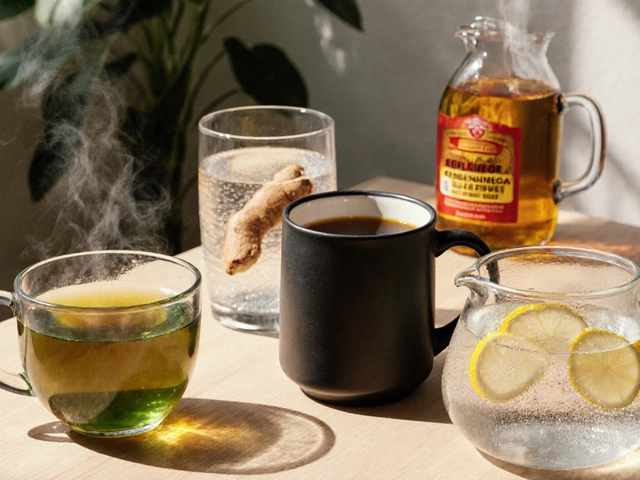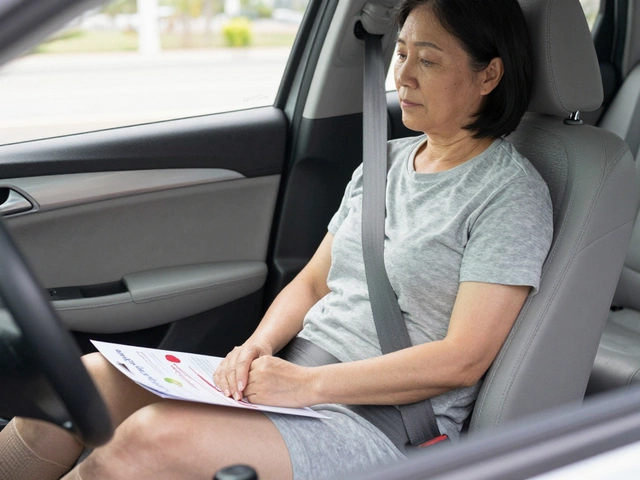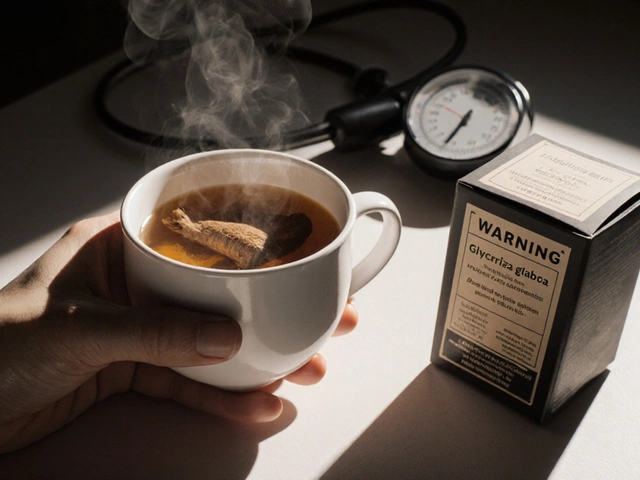Not every “natural” herb calms you. Learn which herbs can trigger anxiety, why it happens, who’s at risk, and safer alternatives-backed by credible sources.
Read MoreSt. John's Wort Interactions: Simple Guide to Stay Safe
If you sip St. John's wort tea or take it in a capsule, you probably like its mood‑boosting feel. But the herb can mess with a lot of common medicines. Knowing the biggest clash points helps you keep the benefits without the trouble.
Top Medications That Can React
St. John's wort speeds up the liver enzyme CYP3A4. That means many drugs break down faster, so they become less effective. Antidepressants called SSRIs (like fluoxetine or sertraline) are a classic example – mixing them can cause serotonin syndrome, a scary condition with shaking, fever, and confusion.
Birth‑control pills also lose power when taken with the herb. If you rely on the pill, use a backup method while you’re on St. John's wort. Blood thinners such as warfarin become less strong, raising the risk of clots. Even some heart meds, like digoxin, may drop to unsafe levels.
Other drugs that often clash include certain HIV meds, migraine pills (like sumatriptan), and some antibiotics (like erythromycin). Over‑the‑counter stuff isn’t safe either – St. John's wort can cut down the effect of antihistamines and pain relievers that contain ibuprofen.
How to Manage Your St. John’s Wort Use
First, always tell your doctor or pharmacist you’re taking the herb. They can check if any of your prescriptions might be affected. If you need to keep the herb, they may adjust the dose of the other medicine or suggest a safer alternative.
Second, keep an eye on timing. Some people space the herb and medicine several hours apart, but this only helps a little because the enzyme effect lasts all day.
Third, watch for warning signs. If you notice unusual bruising, eye changes, mood swings, or sudden headaches, stop the herb and call a health professional.
Lastly, start with a low dose of St. John's wort and see how you feel. If you’re already on a risky drug, it’s better to avoid the herb altogether.
St. John's wort can be a useful natural option, but it’s not a free‑for‑all. A quick chat with your doctor, a check of your current meds, and a bit of caution go a long way in keeping you safe and feeling good.





